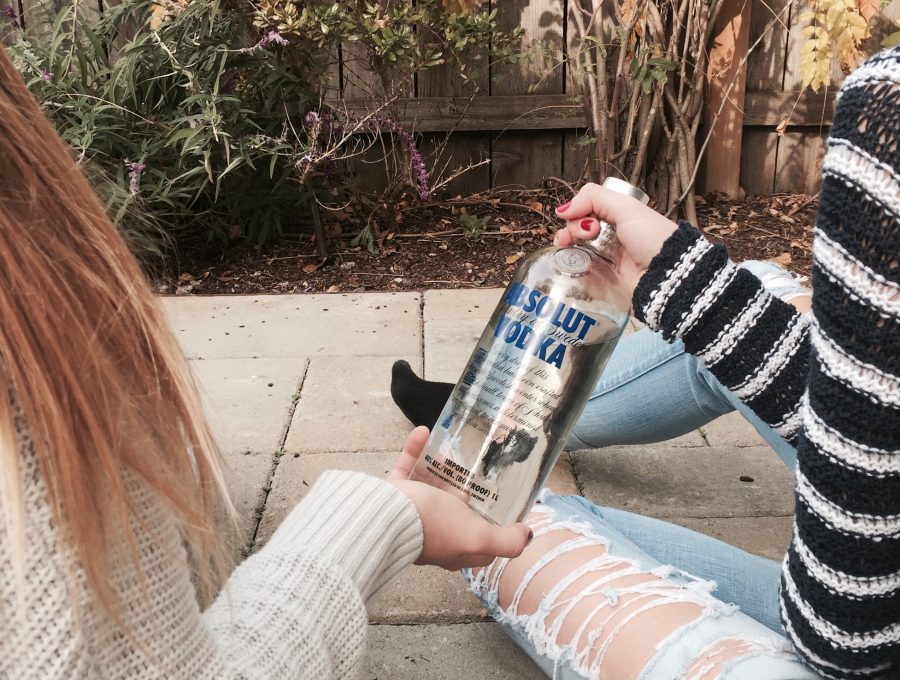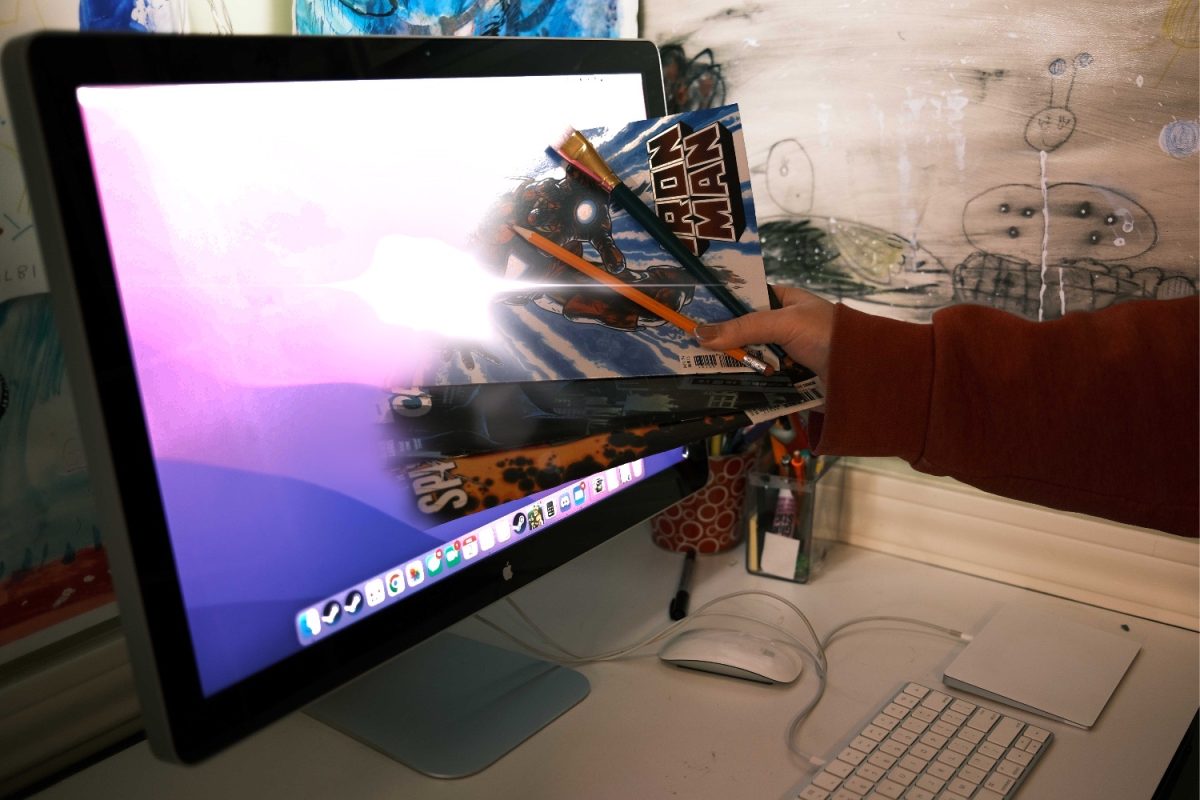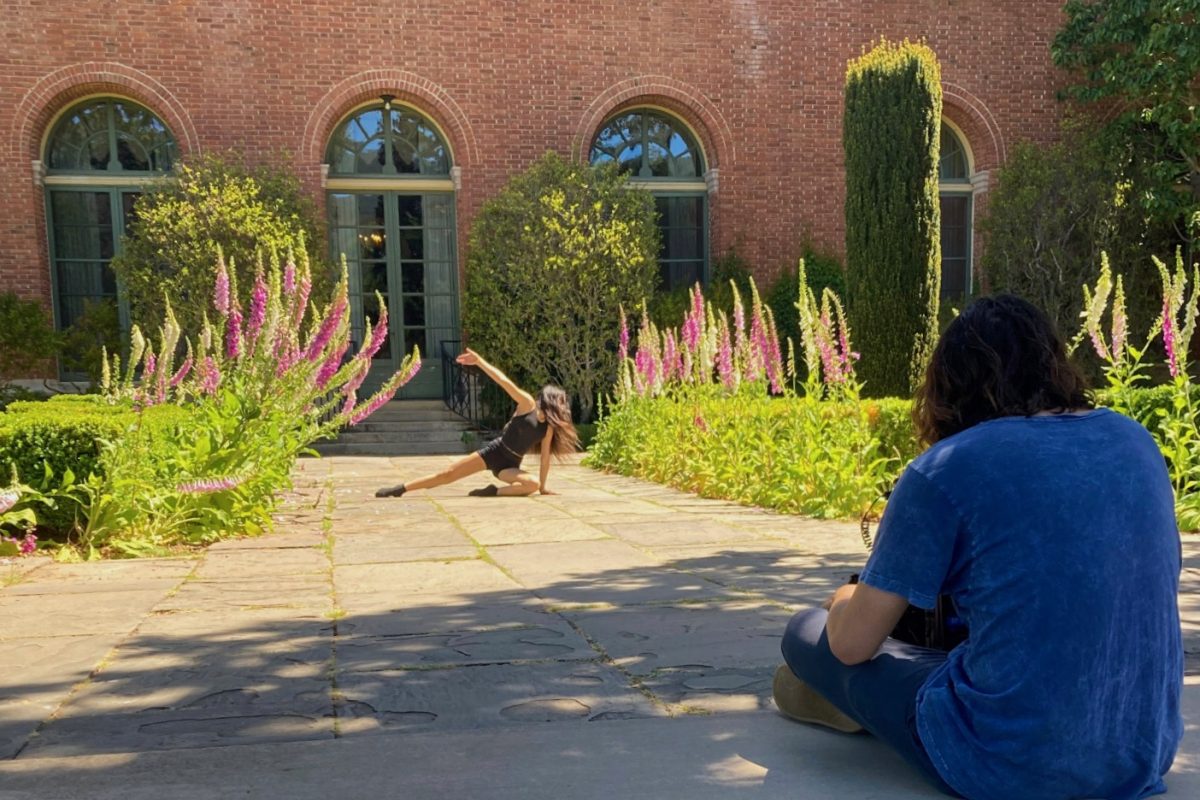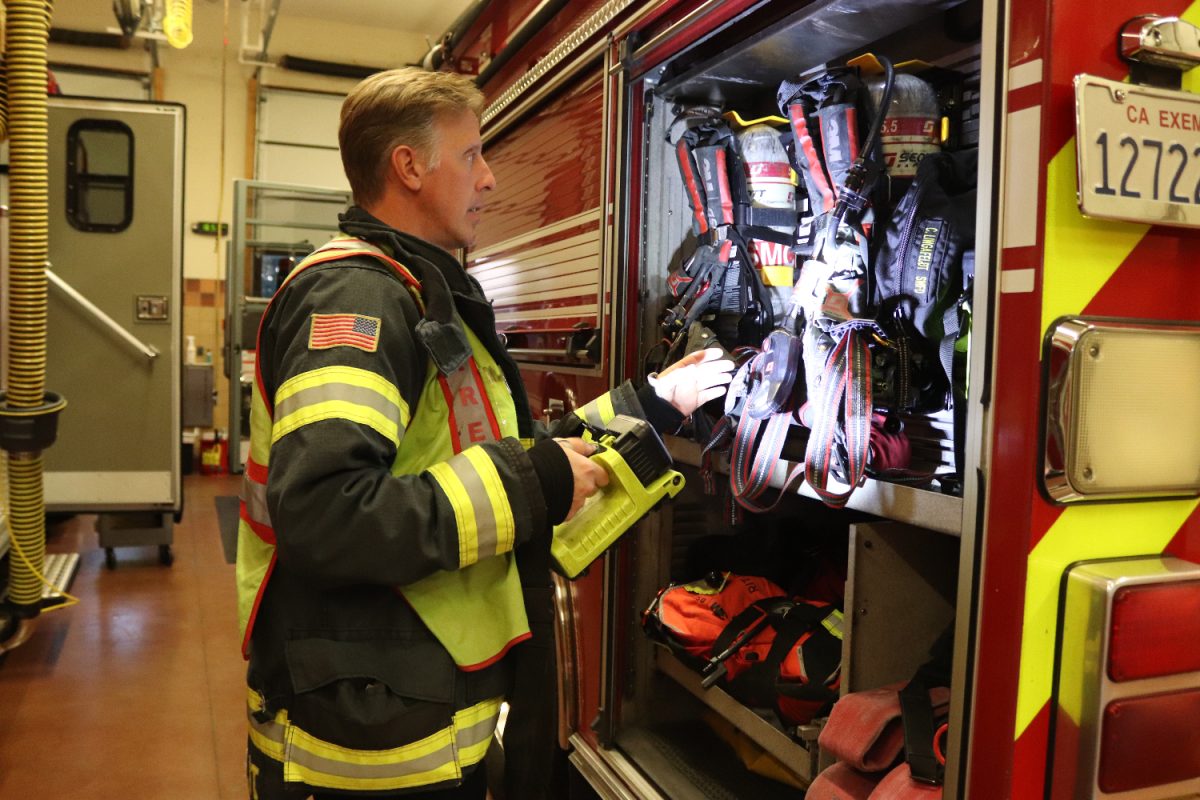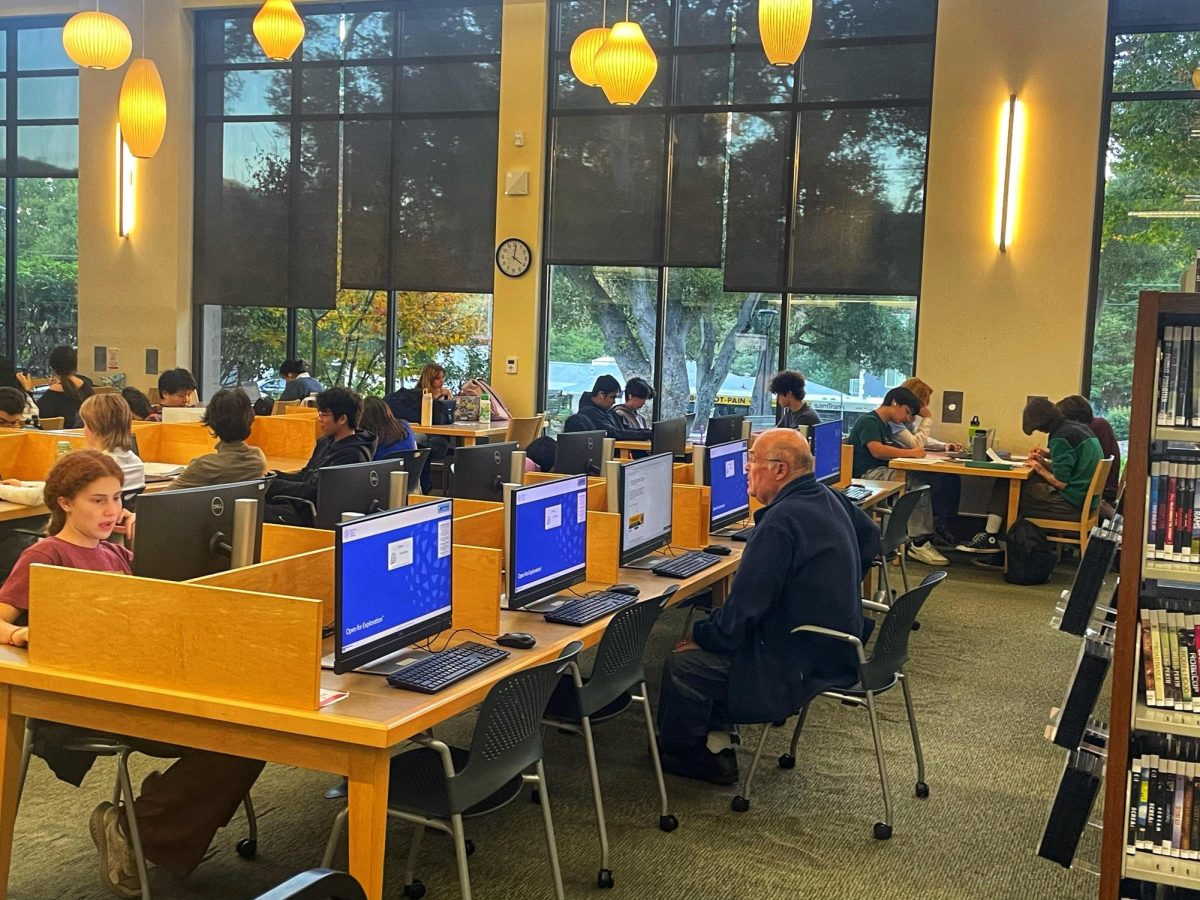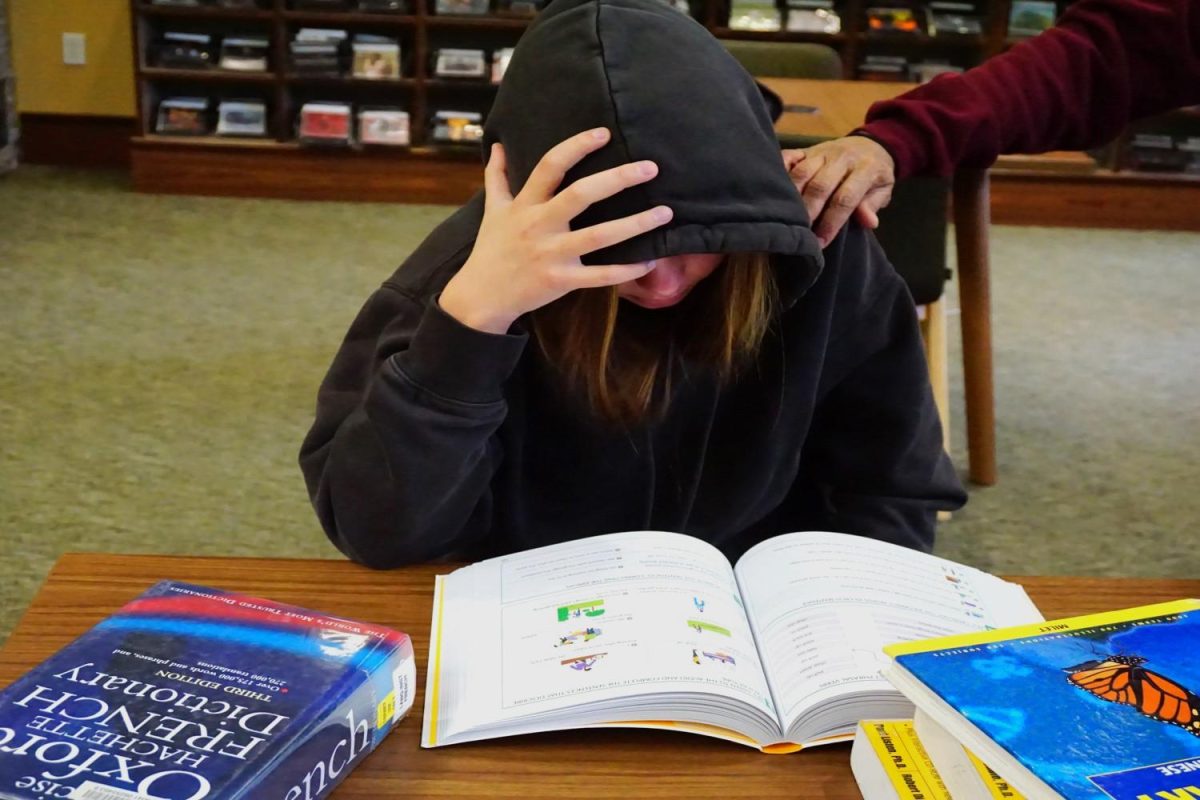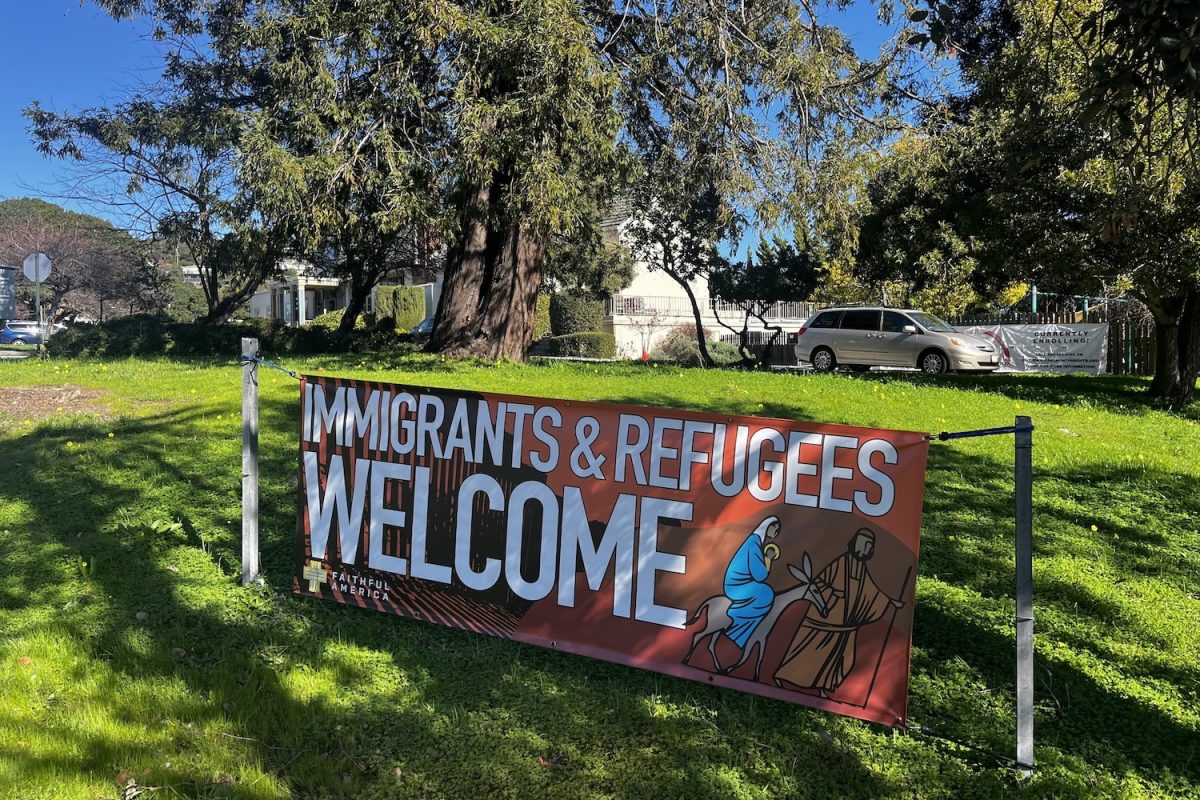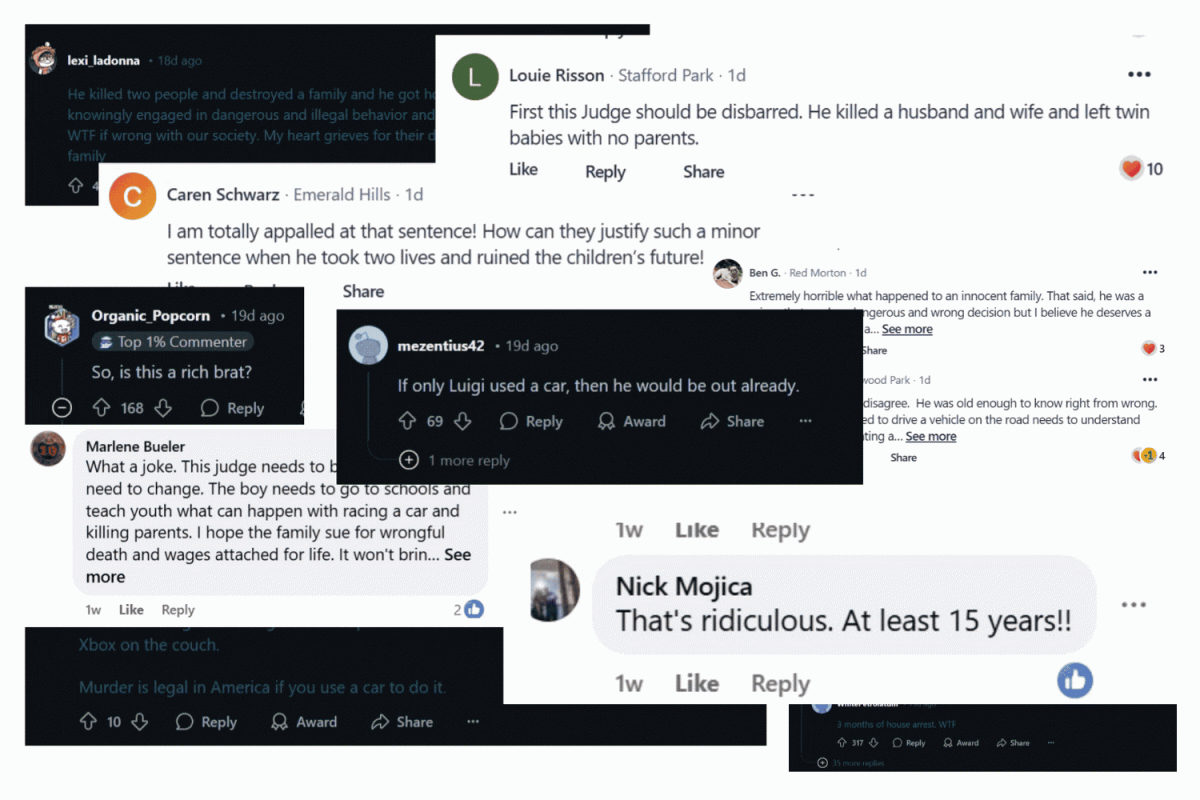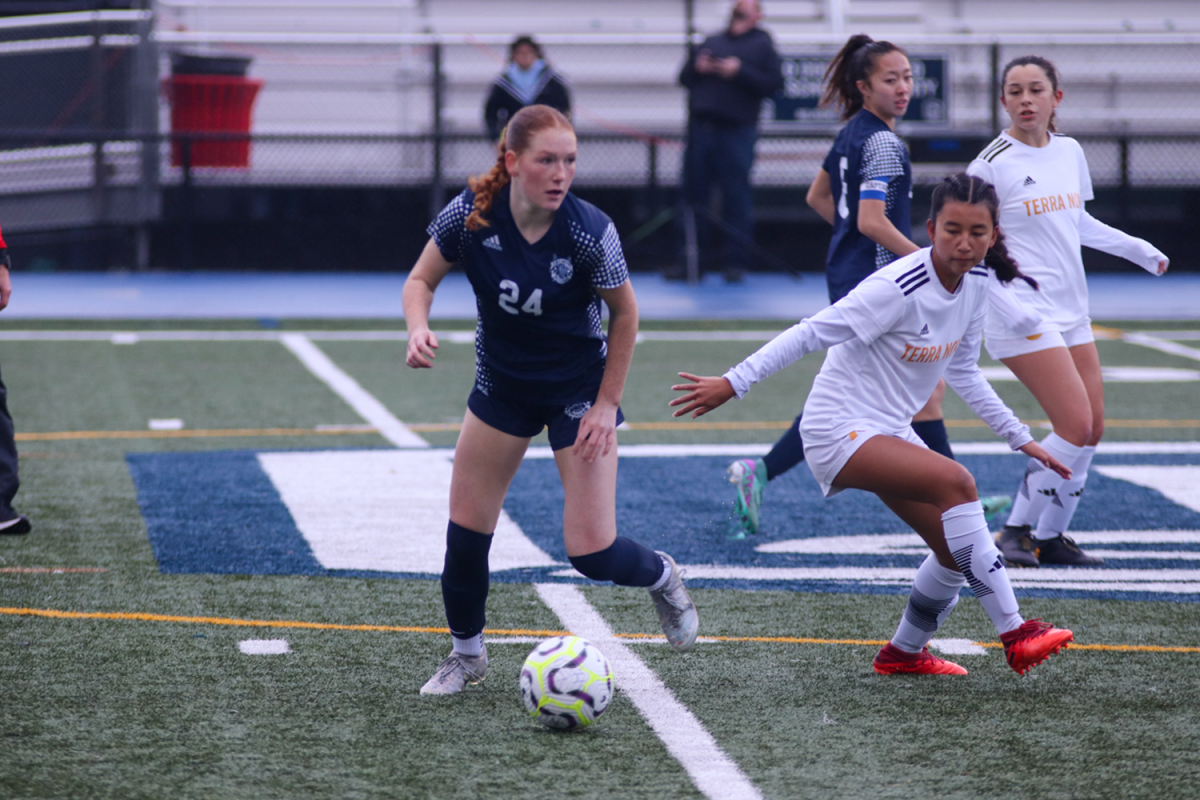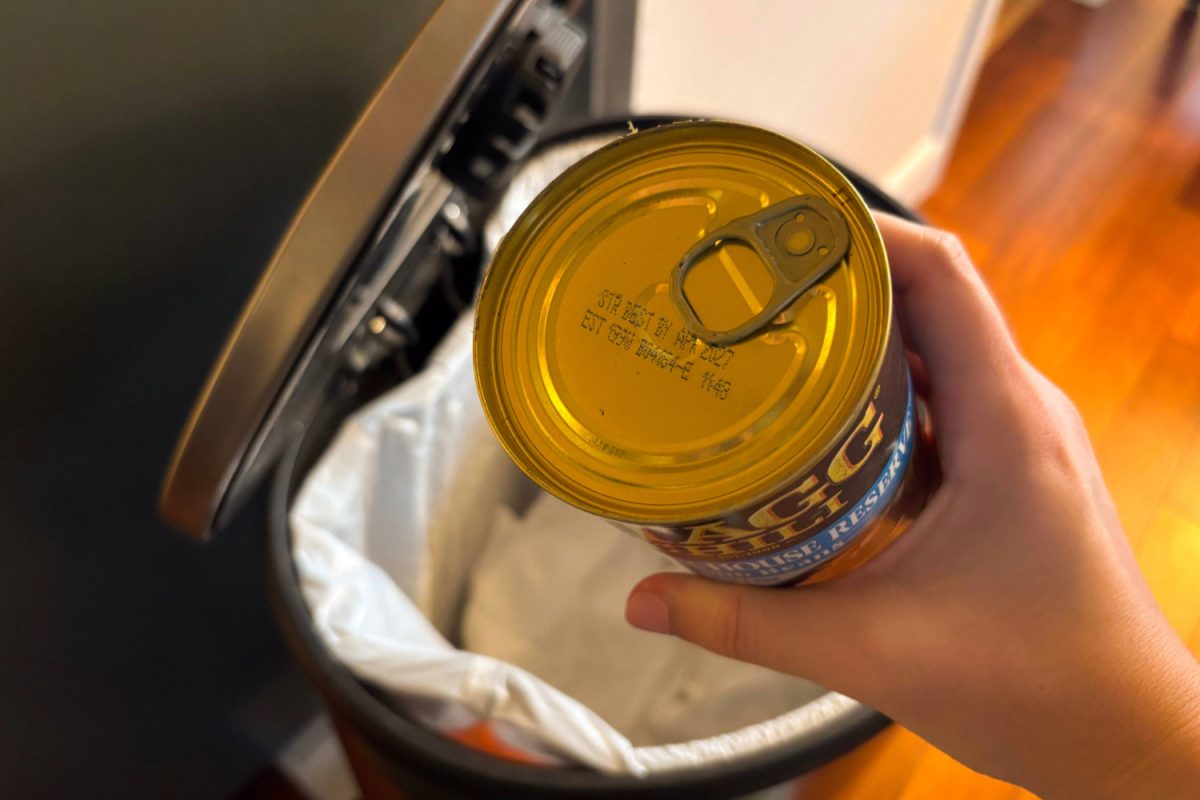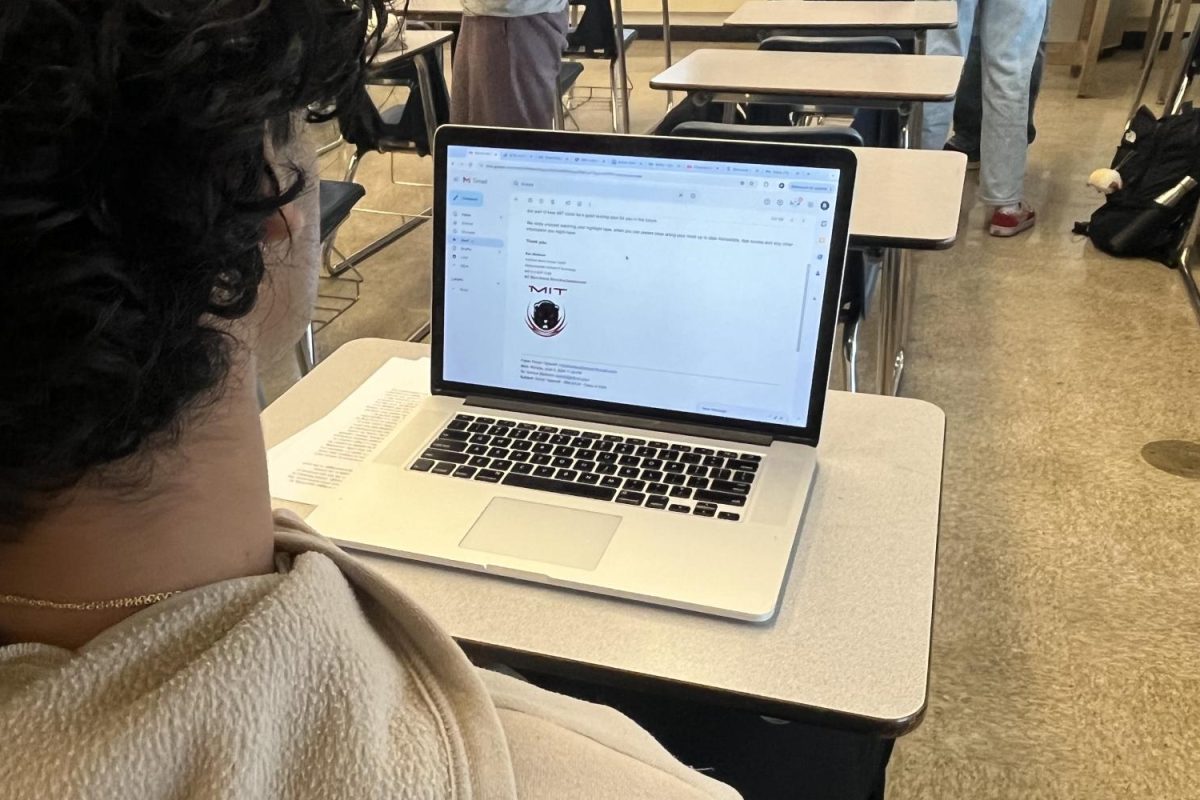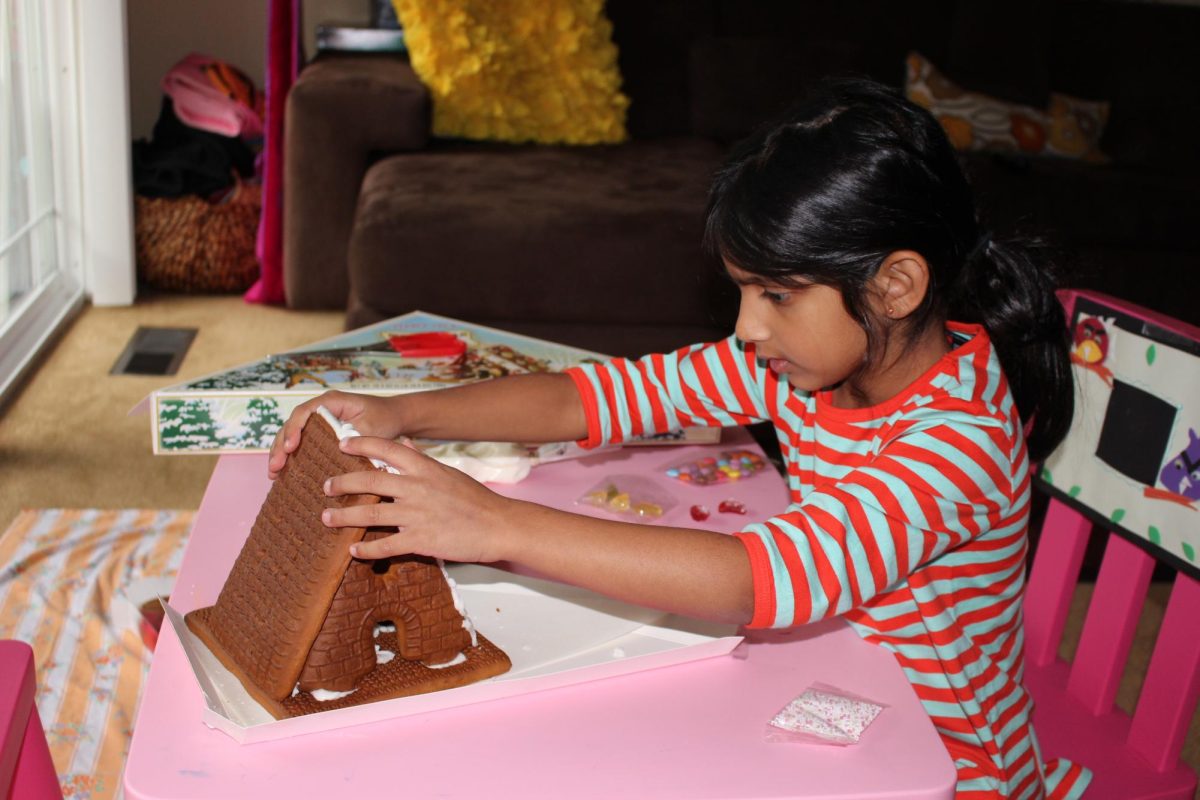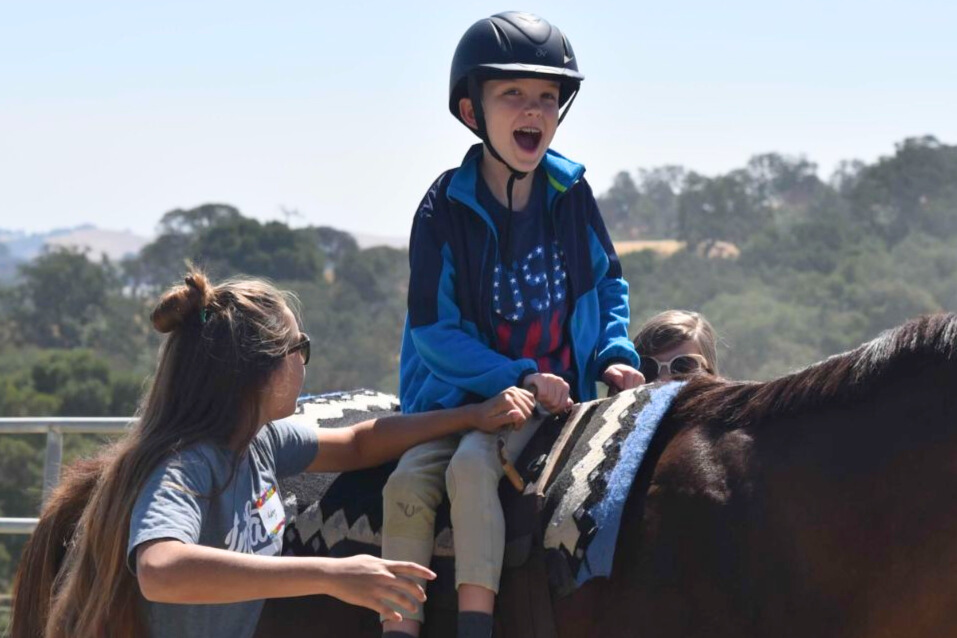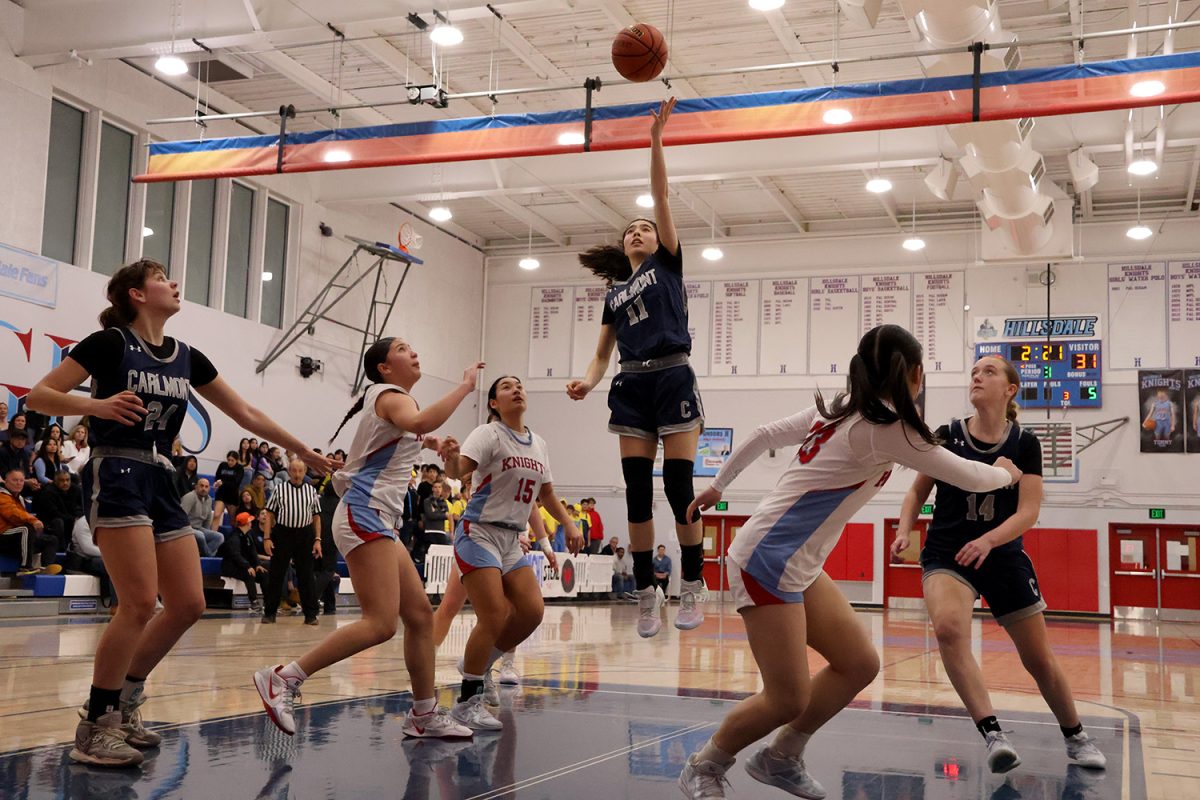Think of peer pressure as a recipe.
Let’s say one is cooking macaroni and cheese.
If a friend misreads the directions, one could end up with gross macaroni or a landslide of boiling water spilling over the side of the pot and onto the new slippery kitchen floor.
But if another friend interjects and says to stop boiling the water at the right time, the meal has a better chance of not ending up a soggy mess on the floor.
Peer pressure, in a way, is similar. If a friend misguides you, there could be severe consequences. On the other hand, if a friend convinces one to stop boiling the water, or in reality do something fun or social, the results could be rewarding, similar to a warm bowl of delicious macaroni and cheese.
All teenagers experience some degree of peer pressure in high school, whether it be negative or positive. The type of peer pressure they are exposed to depends on their support system and who they choose to surround themselves with.
The negative effects of peer pressure are acknowledged more than the positives to warn students of the harm they could cause themselves or others.
Many students often see peer pressure as an old cautionary tale that doesn’t apply to them because they believe they’re smart enough to make good choices.
However, when surrounded by all of their friends with the looming idea of humiliation and social downfall, their actions may not follow their morals.
Sophomore Madeline Standlee admitted she had witnessed these actions.
“I’ve felt negative peer pressure to do things I didn’t necessarily want to do, like drugs, alcohol, going to parties, and getting into cars with people who have been drinking. I don’t really want to break rules, but sometimes I feel obligated to because popular people and my friends are doing it,” said Standee.
In the academic journal “Adolescence,” a study was conducted testing the influence of peer affiliation and student activities on teenage drug involvement. It recorded that 42 percent of students surveyed had experimented with drugs due to their friends, which was found to be the most influential variable of drug involvement.
“How bad could it be?” said sophomore Darian Dennler. “Everyone can pinpoint the obvious fact that most kids in high school are faced with peer pressure. It is the most influential force that pushes a teenager into a decision, as they are faced with the fear of humiliation by their peers.”
Being able to motivate friends is often seen as a useful trait, however, motivation through the constant fear of humiliation and peer judgment can be toxic, which is the basis of negative peer pressure.
The journal “Alcohol and Drug Education” documented, “Students who see heavy drinking as a common activity at their school are likely to increase their levels of alcohol consumption in order to gain social acceptance and avoid negative peer evaluations.”
Negative peer pressure can also have an effect on impulsive decisions, which can lead to severe consequences.
“A lot of experiences that I have gone through as a high school student are not decisions made in advance, but instead those made impulsively. Negative peer pressure has greatly impacted my actions, whether it be with drugs, alcohol, or strains on my relationships,” Dennler said.
While peer pressure may have many well-known negative effects like drugs, alcohol, or drunk driving, there are also hidden positive aspects.
Teens often mimic the actions of their friends without being aware, so if their friends have good intentions and morals, they can positively influence their peers.
The most common example is when friends convince each other to expand their comfort zones by going out or participating in social activities.
Activities Director Jim Kelly said, “Peers can influence you to grow and do things you wouldn’t otherwise do in academics or athletics or in a leadership situation.”
Some high schoolers may miss out on opportunities due to a poor support system and a group of friends that don’t encourage them to step out of their comfort zones.
“Go into [school] with a strong set of morals, values, and beliefs. That way, you’re less likely to be influenced by people who don’t have those same morals and values. Spend a lot of time thinking about that stuff: what is it that you believe in, what are the things that are important to you. If you have that, you have a much better chance of associating with good people,” said Kelly.
In a world where the negatives and positives of peer pressure coexist, many choose to surround themselves with supportive peers and strong ethics to avoid the effects of negative peer pressure.

